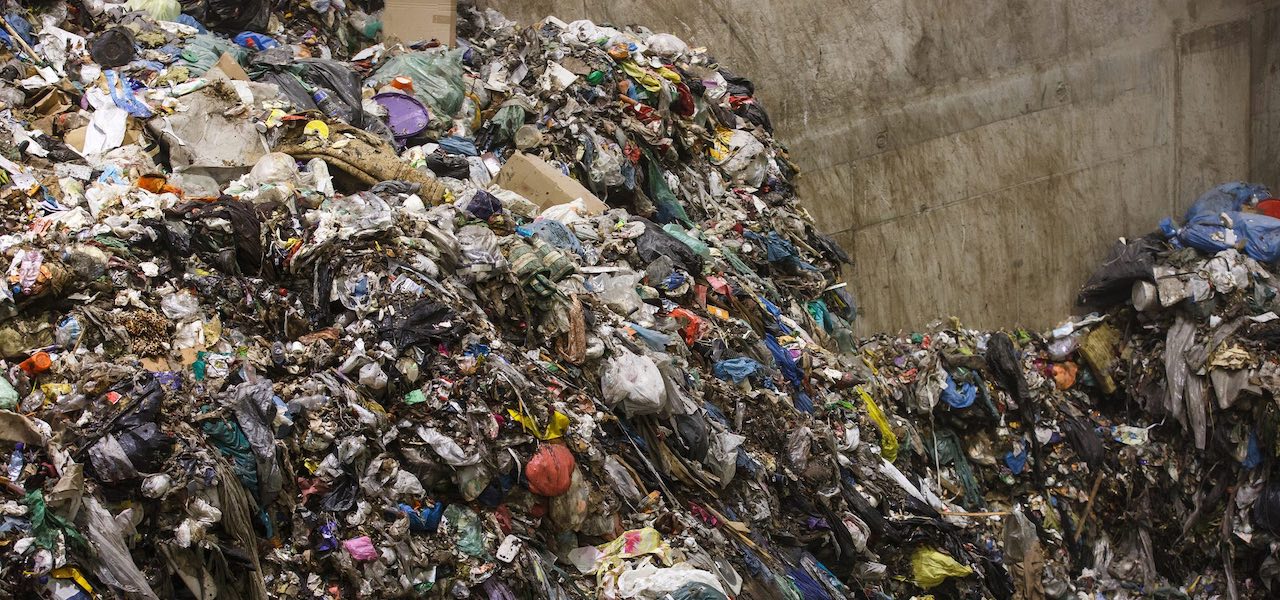Adopting Norway’s proposal to amend a global agreement on rules for exporting mixed plastic waste would benefit European plastics recyclers and lead to more investment in infrastructure.
Axion welcomes the proposed changes to the Basel Convention that would set strict quality specifications about exports, saying these would ‘raise the fence’ to prevent export of low-grade materials and ‘force the UK to take responsibility for its own plastic waste’.
The Basel Convention has 187 signatory countries, including the UK, that have signed up to legislation governing the classifications and export of hazardous wastes around the world. Individual countries, however, can dictate their own rules for the classification of waste for import purposes.
Last year, amid concerns over exports of poorly-segregated waste plastics to the Far East/non-OECD countries and ocean plastics, Norway put forward an amendment to the B3010 ‘Green list’ to restrict shipments to higher-quality, single polymer materials. B3010 dictates what types of plastics can be exported and there are stringent rules about material specification to be included on the list. Any mixed plastics bales that fail to meet the strict B3010 quality standard will automatically fall under a system of ‘pre-informed consent’ and be managed in a similar way to hazardous waste shipments.
The amendment would mean that bales of rigid mixed plastic, for example, which are usually very low-quality material, would no longer be acceptable for widespread export. The UK currently exports significant quantities of this material. The proposal also calls for the restriction of these exports to EU/OECD countries.
If the Norway proposal is adopted by the Basel Conference of the Parties (CoP) at the end of April, it will become law within six months and signatories will have to enact their own laws by the end of the year.
Axion’s Associate Consultant Keith Freegard welcomed the proposal, saying: “It will clean up waste packaging flows – a major cause of ocean plastics – by setting strict quality specifications for exports and clearly put pressure on the waste and recycling sector to raise processing standards.”
However, he expressed concern that the timeframe is not long enough to boost the installed UK capacity for WEEE, ELV and packaging recycling. It will take several years to build new infrastructure, so the UK waste industry will need a managed ramp-down in the proportion of waste plastics being sent for overseas recycling.
“The best place to get a sustainable, resource-efficient and low-risk material supply is from our own recycling infrastructure. And that means delivering good quality material back to the packaging producers. Money raised from PRN system reforms should be invested in the recycling infrastructure to ensure it delivers the quality of material required.”
While Keith suggested a shift from an export-dependent position to a more self-sufficient, technical-based recycling system would be ‘painful for some’, he added: “If we don’t have that push, we’re always going to be stuck where we are relying on cheap exports.
Laura Smith, Axion Polymers’ Commercial Operations Manager says: “Industry has to embrace these changes. We need to get the changes right, robust and for the long-term, ensuring a level playing field for all. They will be part of a package that delivers a UK home-based, secure circular economy.”

